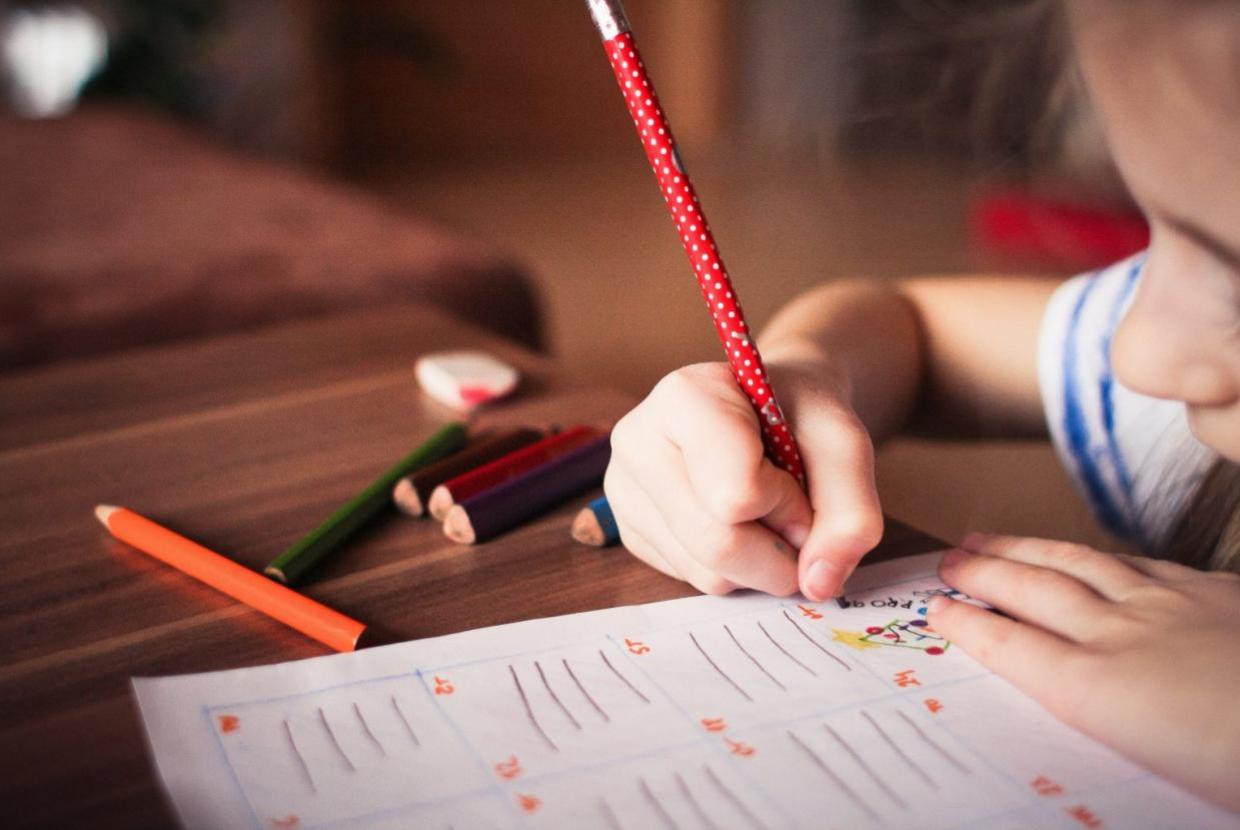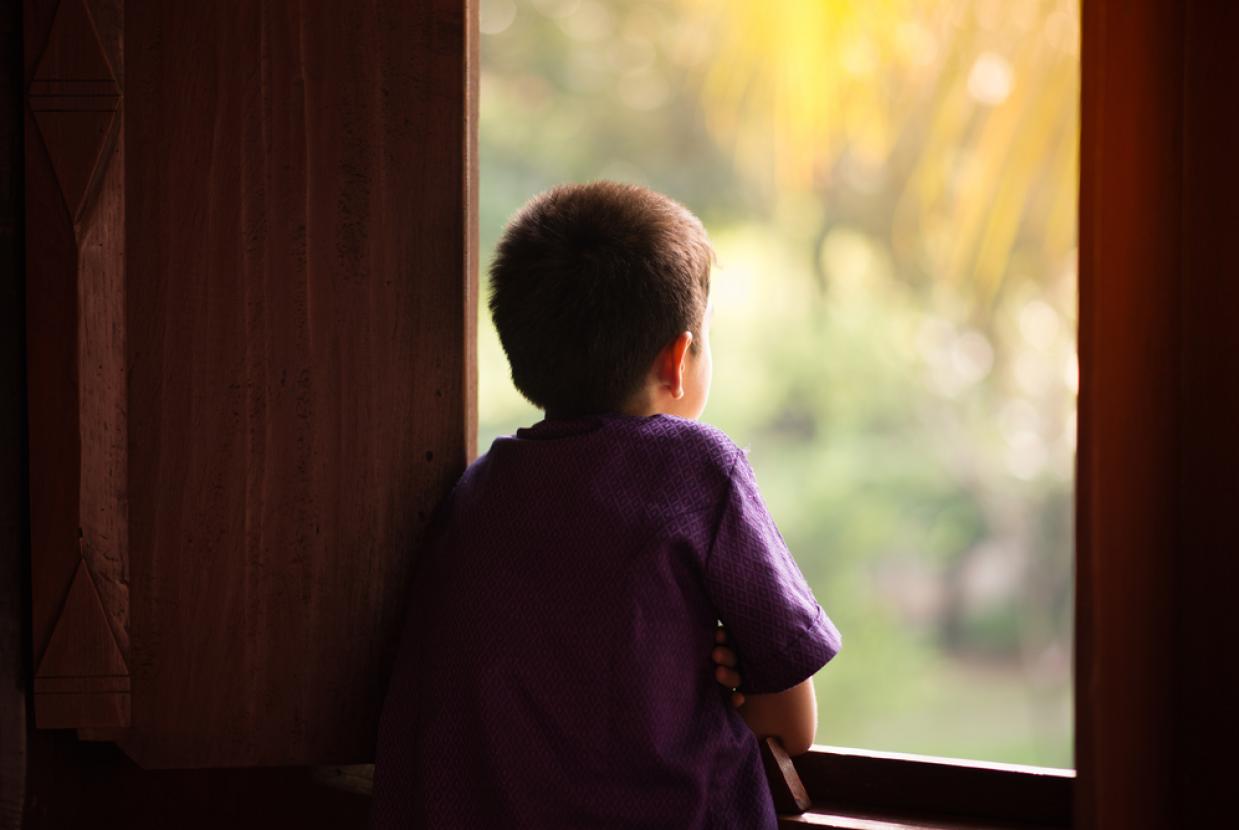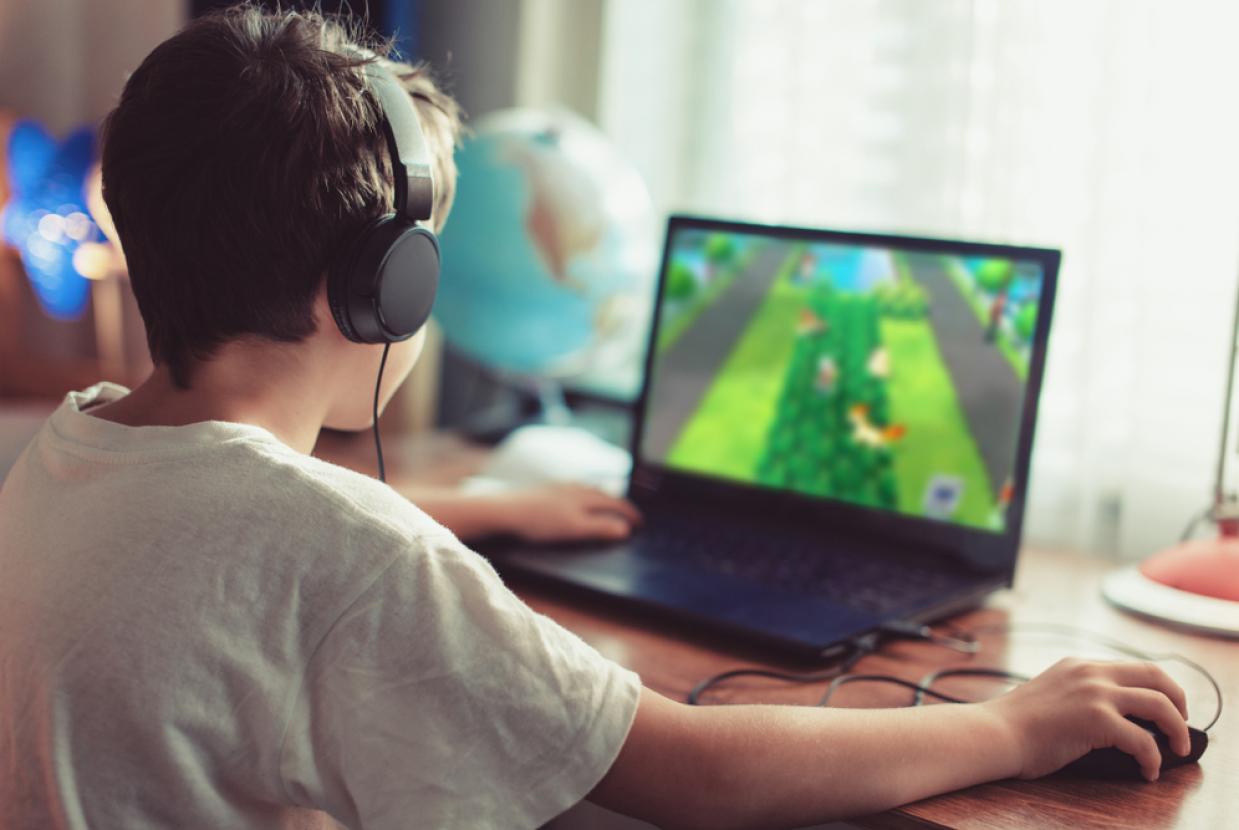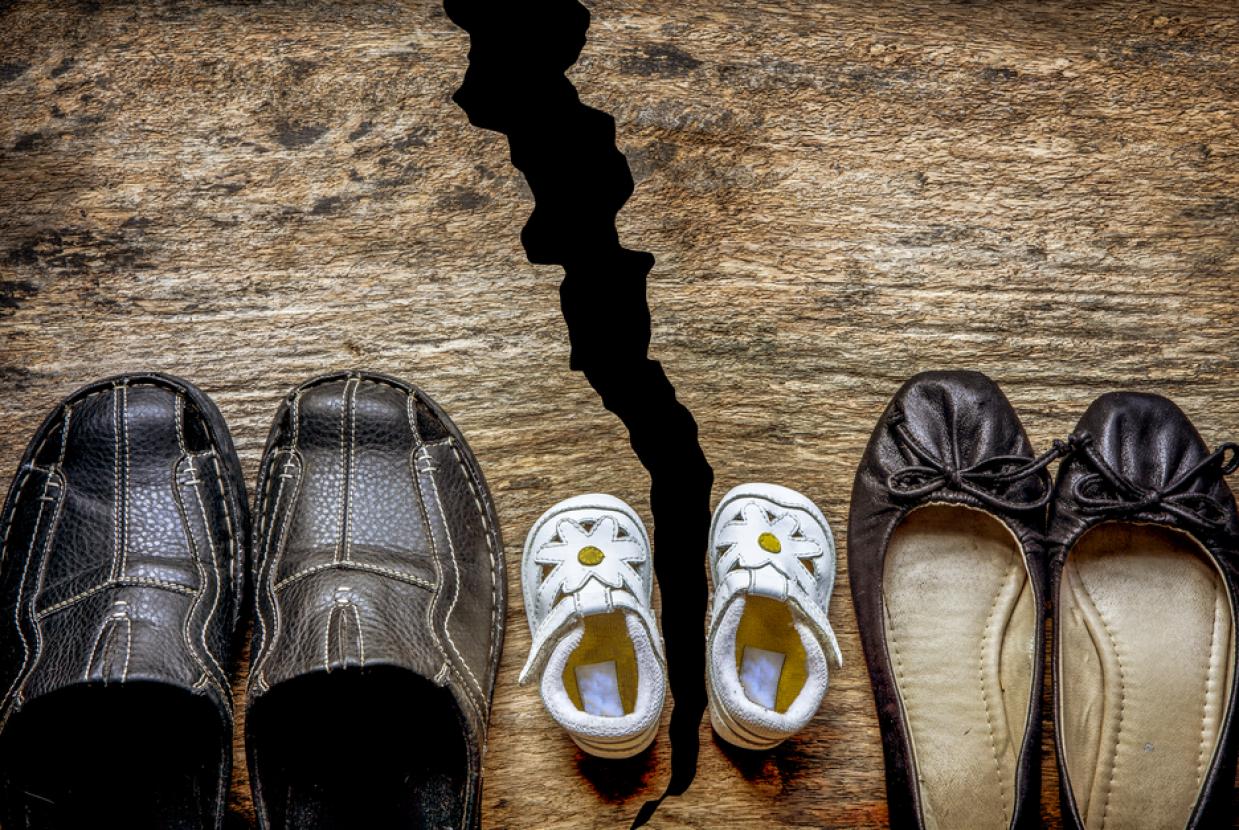Healthy routines start with sleep
COVID-19 and Family HealthChildren need sleep to help them grow and develop healthily.
As parents, we’re aware of the health risks for our children from too many "treat" foods, too many sugary drinks or not being active enough. But did you know that sleep is also important for children’s health?
Sleep is central to a child’s health and wellbeing. For children, it influences their development in many ways from managing their emotions to the development of their thought-process and physical health.
Lack of sleep can increase the risk of a child becoming overweight which could lead to obesity, heart disease, and even cancer as they get older. Sleep affects our appetite and being up for longer means there are more chances to eat, which can mean gaining weight.
Our experts say that healthy routines often start with sleep. And a regular routine at bedtime can really help improve children’s sleep as it helps our body clocks develop into their natural, regular rhythm.
It can be hard to stick to a bedtime routine especially as children have been out of their “normal school” routine for so long. Many parents have told us that they have found sleep, snacking, managing treat foods and other healthy behaviours difficult over recent months.
Research shows these factors help develop a good bedtime routine:
- Developing a positive experience between parents and children at bedtime – things like talking to your child, reading or singing before bed. Along with hugs and kisses to say goodnight.
- Washing before bed. Cleaning teeth, washing faces, having a bath or shower all help set up a good bedtime routine
- Having main meals at least two hours before bedtime. A healthy snack can be eaten in the hour or two leading up to bedtime.
Children of different ages need different amounts of sleep and while there are no exact amounts, in general, children aged between five and 12 need at least ten hours of sleep - this of course can vary between children.
Aim for:
| 3 - 5 year olds | 11 - 12 hours at night, plus a daytime rest of up to 1 hour |
| 5 -12 year olds | 10+ hours |
| over 12 year olds and teenagers | 8 - 9 hours |
For babies and toddlers
| About 6 months old | 10-11 hours at night plus 3 daytime naps (1.5 - 2 hours for 2 of the naps) |
| About 9 months old | 10-12 hours at night plus 2 daytime naps (1.5 - 2 hours) |
| About 1 year | 10-12 hours at night plus 2 daytime naps (1 - 2 hours) |
| About 2 years | 10-12 hours at night plus 1 daytime nap (1.5 - 2 hours) |





















